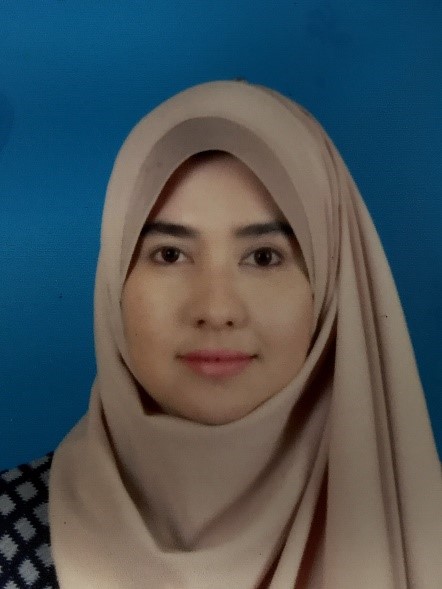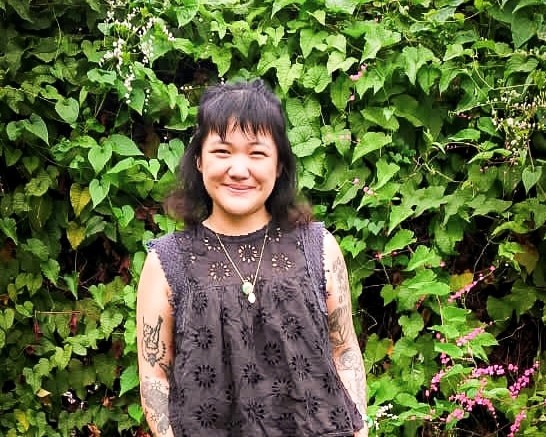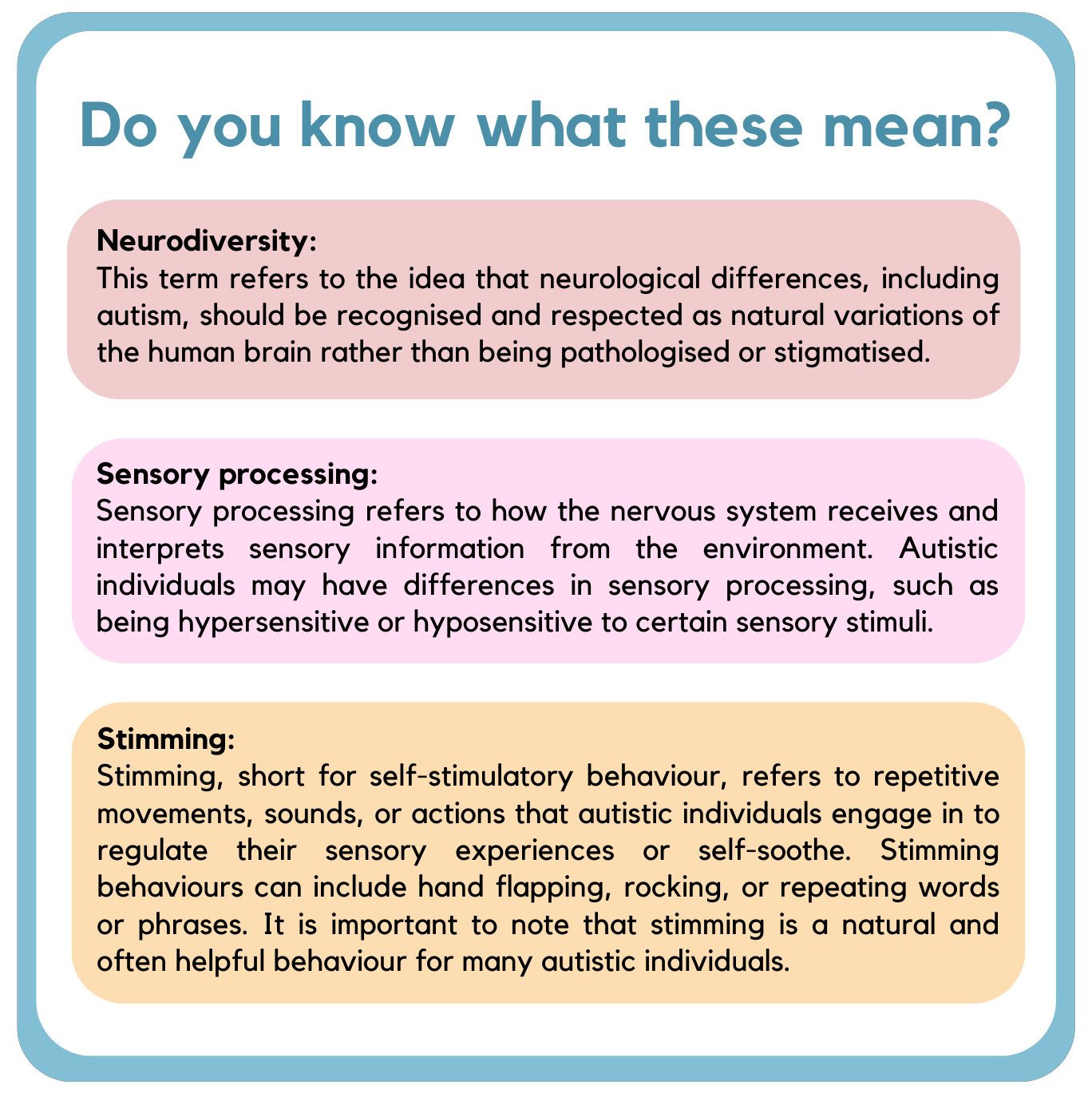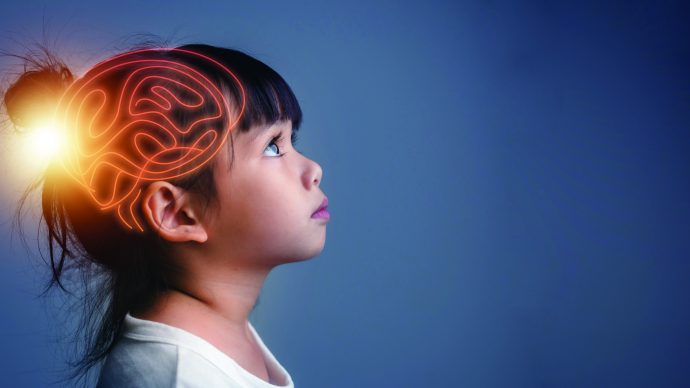How can we as a nation champion neurodiversity and make life more inclusive for the autistic? According to a news report, Malaysia has an estimated 300,000 autistic people, and a shift towards inclusivity must start from increased empathy and understanding. Policies in institutions and workplaces should be in place to accommodate the needs and strengths of autistic persons, thus creating supportive environments that foster inclusivity.
“For Malaysians to embrace a fresh outlook on autism, we must learn to see each autistic person as a unique individual, not just a ‘patient’ or someone who needs correction,” says Datuk Dr Zulkifli Ismail, chairman of the Positive Parenting Programme. “On top of this, we need to provide opportunities for autistic individuals to participate in various activities, from schooling to employment as well as in social endeavours, so we are all able to develop meaningful connections.”
“Inclusion is paramount as it fosters a sense of belonging, promotes self-esteem, and enhances overall well-being. By embracing neurodiversity and accommodating individual needs, we allow autistic individuals to thrive and contribute their talents to society, creating a more compassionate and enriched world for everyone,” he adds.
How do we do this?
Dr Zahilah Filzah Zulkifli, paediatrician and co-founder of DoktorBudak.com, reckons we need to start by changing the autism narrative. “We need to reframe how we view autism,” she says. “It’s about being different, not less. Different, not disordered. For many decades now, the terminology for autism has always been from the appearance of it – for example, autistics have poor eye contact, they may not speak, they have repetitive behaviour, etc.”

Dr Zahilah, paediatrician & co-founder of DoktorBudak.com
She states, “It’s time we look at how it’s being experienced instead. Today, even in research, universities are working on ‘participatory autism research’, meaning that we are looking into the lived experience of autistic individuals, rather than what is merely observed.”
A big hurdle, Dr Zahilah says, is that society has always viewed autism using the medical model. “When we talk about autistic individuals, for instance, we place these individuals on the ‘autism spectrum’ and diagnose them with a ‘disorder’, inadvertently suggesting that there is something not right with them and that they need to be ‘fixed’.”
“We have overlooked how language shapes our thinking. If we want to move into acceptance and appreciation, we need a societal mind-shift; we need to start using more inclusive, positive language because it has such a powerful impact on people,” she explains.
Dr Zahilah also feels that we should not be benchmarking autistics against neurotypical developmental milestones. “Oftentimes in paediatrics, for example, we will diagnose someone as autistic when there is presence of unusual behaviours or an absence of what typical children might be able to do.”
Today, however, autism is being regarded as a different way of thinking, a different way of living and experiencing the world, and a different way of learning.
Society also needs to stop thinking that autism is a childhood condition, says the Certified Advanced Autism Specialist. “If you are autistic, you will always be autistic, and there is nothing wrong with that. It’s time we support autistic adults so they are able to have a good life and be able to integrate into education and employment.”
Sure, there may be roadblocks along the way. For instance, some autistics will encounter challenges in social communication and interaction, but there is research that suggests this may not be due to autistic cognition alone. British sociologist Dr Damian Milton, for instance, talks about the “double empathy problem”, which refers to a mismatch or disconnect in mutual understanding.
Dr Zahilah, who is also a licensed SPELL (Structure, Positive approaches and expectations, Empathy, Low arousal, Links) lead trainer, breaks this down as not just the autistic person lacking understanding of typical people, but typical people who also lack understanding of autistics! Empathy is a two-way street, after all, she says. “And if there is a breakdown, this mismatch is due to both groups having different experiences of the world around them.”
She says to foster inclusivity, it is crucial that we befriend an autistic person. “Work with them at a professional level. Make friends with them. These relationships can be very rewarding. But we must meet in the middle. We must learn to change the way we interact and communicate.”
Confused in the real world
For Beatrice Leong, who was diagnosed with autism only at the age of 35, her journey has been long, winding and fraught with challenges at every step.

Beatrice Leong, filmmaker & founder of AIDA
Leong, who is a filmmaker and founder of autistic advocacy group Autism Inclusiveness Direct Action Group (AIDA), says she always knew she was different. “I just never had the vocabulary to be able to articulate the what, why, or how of my life. Even as an adult, I was always struggling and wondering why I couldn’t get things ‘right’ – especially with work. It was only after I began to reframe my perspectives and started doing the advocacy work that I do now, that I found purpose; my work with AIDA not only allows me to reconcile my experiences, but also helps other people better understand the lives of autistics and how misunderstood we all are.”
Before being diagnosed, Leong says she spent a lifetime seeking help due to various mental health challenges. “As a child I had a lot of challenges at school. From being constantly misunderstood, to difficulty in maintaining friendships, and then realising I was dyslexic. Often people thought I was just being stubborn when I didn’t speak, but later on this was identified as selective mutism. A lot of my behaviours were thought of as anxiety or attention seeking as I had a lot to deal with due to my parents’ tumultuous relationship,” she says.
Leong added that things became even more difficult after high school. “I went to multiple colleges, and finally went off to Australia, where it became really bad as I was unable to attend classes or go out anywhere. When I finally got medical treatment, they concluded I was suffering from depression, anxiety and being home sick.”
Leong says her moment of realisation came when she was managing a gallery in KL in her 30s and crossed paths with an autistic boy and his family who were visiting a show. “I felt this overwhelming connection with that boy, and thought we were alike in many ways. So, I began exploring the idea with a therapist, and we went through some assessments and the diagnosis was given to me a year later.”
Finding solutions
As an adult with autism, what are the challenges Leong faces? “I am always highly strung,” she says. “I didn’t understand this before and would always chalk it down to being in the bustling entertainment industry and the long punishing hours I had to put in.”
But now she says she knows better. “I also used to be very disturbed when I would see flashes of colour, light and always struggled to focus on my environment, but now I know that I have a co-occurring condition called ‘synaesthesia’, where sound and music can appear as lights or blocks of colour in my vision. I sleep better now without thinking that I have a brain tumour or worse, that I am being haunted by colourful ghosts!”
Knowing her sensory triggers, Leong has learnt to protect herself better. “I don’t force myself to stay in conversations for too long unless I’m comfortable. I don’t force myself to go to places that I dislike. I use ear plugs which are made to filter out high-pitched noises but still allow me to listen to conversations. I have also become a lot more comfortable NOT wanting to go out; my home is my sanctuary. The outside world, because it isn’t built for people like us, is truly an assault on our senses. It isn’t just discomfort, there’s a literal pain that I feel when I go out. Knowing these things helps to keep me calm to some extent.”
Leong does admit to still finding communication a challenge, especially since it is such a big part of her career. She says: “Because I was not properly diagnosed for years, I inherently feel that I am always in the wrong and I can’t seem to communicate clearly to people. Also, when highly stressed or experiencing a meltdown, I communicate less, and this often is misunderstood as apathy. By the time I find my calm, or can work out the situation in my head, it’s always too late or people have moved on.”
On top of this, Leong shares that she doesn’t always intuitively recognise other people’s emotions, subtle hints or double meanings. “Whenever I speak to people, I am guessing all the time. However, as you experience life from day to day, you learn to decipher things by memory – hence I find comfort in the same people, same restaurant, same food, same conversation topics. I used to blame myself a lot in the past, but now I am trying to be kinder to myself.”
When it comes to misconceptions, what would Leong like more people to be aware of? “The most common misconception,” she says, “is that there is such a thing as ‘low functioning’ or ‘high functioning’, ‘severe’ or ‘mild’ autism. I feel like I’m a Nando’s chicken every time this gets said to me or asked of me!”
She also explains, “With newer knowledge and insights from autistics with lived experience, and people like me, who are out there talking about our experiences publicly – you will learn that autism is a dynamic disability. Just because I have the ability to speak, does not mean I am high functioning nor does it mean that I don’t need help.”
Leong explains: “I have days when I am unable to do things, I still struggle with communication every day and I have chronic loneliness as I am unable to intuitively find connection. I also have a life-long eating disorder which is rooted in autism. I have severe and debilitating anxiety that gets hidden underneath my ability to speak.”
Society tends to look at autism as a tragedy, she says, and infantilise autistics, often disregarding their autonomy and not acknowledging their dignity at all.
“Do try and remember that autistics are not broken persons – we just view and respond to the world differently.”






